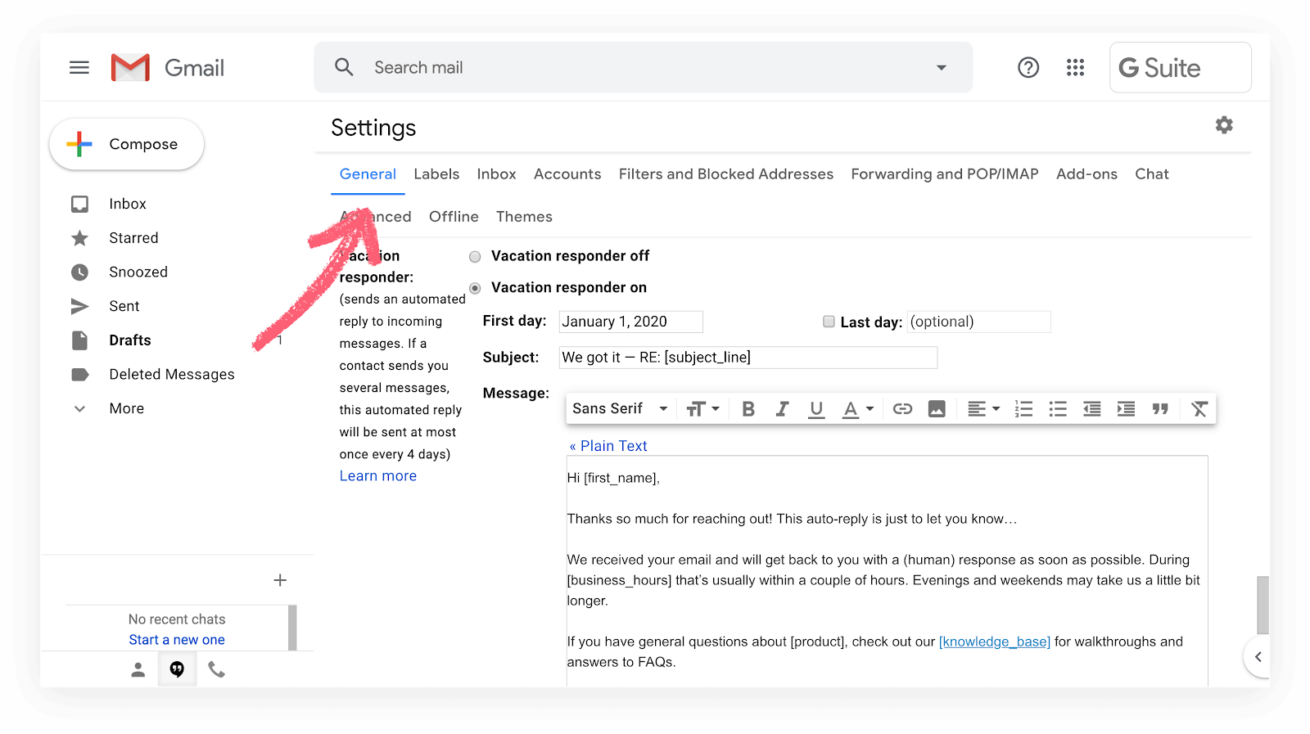The XRP Classification Conundrum: Navigating Regulatory Uncertainty

Table of Contents
The SEC's Case Against Ripple and its Impact on XRP Classification
The Securities and Exchange Commission (SEC) filed a lawsuit against Ripple Labs in December 2020, alleging that the company sold unregistered securities in the form of XRP. This lawsuit has cast a long shadow over the XRP classification, creating significant uncertainty for investors and businesses.
-
The SEC's argument that XRP is a security: The SEC argues that XRP satisfies the Howey Test, a legal framework used to determine whether an investment constitutes a security. They claim that investors purchased XRP with the expectation of profit based on Ripple's efforts, meeting the criteria of an investment contract.
-
Ripple's counterarguments and defense strategy: Ripple counters that XRP is a currency or a commodity, not a security. Their defense strategy involves arguing that XRP's functionality and decentralized nature don't align with the SEC's definition of a security. They highlight the widespread use of XRP as a medium of exchange on various platforms.
-
The potential implications of the SEC's win or loss on the XRP classification: A win for the SEC could establish a significant precedent, impacting not only XRP but also other cryptocurrencies potentially categorized as unregistered securities. A loss for the SEC, on the other hand, could lead to more regulatory clarity—or further uncertainty depending on the reasoning.
-
The impact on the broader cryptocurrency market: The outcome of this case is highly anticipated by the entire cryptocurrency market. A decisive ruling could set the stage for increased regulatory scrutiny of other digital assets and potentially influence future regulatory frameworks for cryptocurrencies.
The SEC's case against Ripple, and its reliance on the Howey Test, has significant implications for the broader cryptocurrency landscape. Many other crypto projects face similar potential legal challenges depending on their structure and business model. Understanding the nuances of the Howey Test and its application to various digital assets is becoming increasingly crucial for all stakeholders.
The Varying Interpretations of XRP's Legal Status
The legal status of XRP remains fiercely debated, with various interpretations circulating:
-
Arguments for XRP as a security (investment contract): The SEC's argument rests primarily on the idea that XRP was sold as an investment contract, with the expectation of profit generated by Ripple's efforts.
-
Arguments for XRP as a commodity (like gold or oil): Proponents of this view argue that XRP's decentralized nature and use as a medium of exchange align it more closely with commodities than with securities.
-
Arguments for XRP as a currency (medium of exchange): Ripple emphasizes XRP's use as a payment settlement asset, designed to facilitate cross-border transactions. They argue its characteristics resemble those of a currency more than a security.
-
International regulatory perspectives and differences in classification: Regulatory approaches to XRP differ internationally. Some jurisdictions may view XRP more favorably than others, leading to a fragmented global regulatory landscape.
Legal opinions and expert analyses differ greatly, contributing to the overall uncertainty. Some legal experts support the SEC's stance, emphasizing the potential for investor reliance on Ripple's activities. Others argue that the decentralized nature of XRP negates the applicability of securities laws.
Navigating the Regulatory Uncertainty: Strategies for Investors and Businesses
The uncertainty surrounding XRP's classification necessitates a cautious and informed approach for investors and businesses:
-
Due diligence and risk assessment for XRP investments: Thorough research and understanding of the legal risks involved are paramount before investing in XRP. Consider consulting with financial and legal professionals.
-
Legal compliance for businesses using or handling XRP: Businesses utilizing XRP for transactions or as part of their operations must ensure full compliance with existing and evolving regulations in their respective jurisdictions.
-
Strategies for mitigating legal risks associated with XRP transactions: Diversification of investments, robust record-keeping, and seeking legal counsel can help mitigate legal risks associated with XRP transactions.
-
Staying updated on legal developments and regulatory changes: The XRP classification situation is dynamic. Continuously monitoring legal developments and regulatory changes is crucial for informed decision-making.
Diversification remains a key strategy for managing risk within a portfolio that includes XRP. Don't over-allocate to a single asset with such a high degree of uncertainty.
The Future of XRP and its Classification
The Ripple lawsuit's outcome will significantly shape XRP's future:
-
Potential scenarios following a court ruling: A ruling in favor of the SEC could severely impact XRP's price and market adoption. A ruling in favor of Ripple could significantly boost the asset's value and legitimacy.
-
The impact on XRP price and market capitalization: The price of XRP is highly sensitive to news and developments related to the legal battle. A clear ruling, regardless of outcome, could provide some much-needed market stability (though possibly at a significantly lower price).
-
The potential for regulatory clarity in the future: This case could push regulators to develop clearer guidelines and frameworks for classifying cryptocurrencies in general.
-
The influence on the development of future digital assets: The outcome will likely influence the design and development of future digital assets, potentially leading to more cautious approaches to avoid similar legal pitfalls.
The need for clearer regulatory frameworks is evident. A more unified approach to the classification and regulation of cryptocurrencies could minimize future uncertainty and foster greater market stability and investor confidence.
Conclusion
The XRP classification conundrum presents a significant challenge for the cryptocurrency market. The SEC's case against Ripple highlights the complexities of applying traditional securities laws to novel digital assets. While uncertainty remains, understanding the various arguments surrounding XRP's classification, along with proactive risk management strategies, is crucial for investors and businesses alike. Staying informed about the ongoing legal developments and adapting your approach accordingly are vital for navigating this evolving landscape. By closely following the ongoing "XRP classification" debate and its implications, you can make more informed decisions regarding this asset and participate more effectively in the future of digital finance. Don't get left behind – stay updated on the latest developments in XRP classification and its impact on the broader crypto market.

Featured Posts
-
 Us Navy Loses Second Jet In Sea Incident Near Truman Carrier
May 08, 2025
Us Navy Loses Second Jet In Sea Incident Near Truman Carrier
May 08, 2025 -
 Ubers New Cash Only Auto Service What You Need To Know
May 08, 2025
Ubers New Cash Only Auto Service What You Need To Know
May 08, 2025 -
 Renewed Trade War Concerns Upcoming Meeting Between U S And Chinese Officials
May 08, 2025
Renewed Trade War Concerns Upcoming Meeting Between U S And Chinese Officials
May 08, 2025 -
 Fetterman Rejects Calls To Resign From Senate Amid Health Questions
May 08, 2025
Fetterman Rejects Calls To Resign From Senate Amid Health Questions
May 08, 2025 -
 Vecherva Arsenal Go Prechekuva Ps Zh Vo Ligata Na Shampionite
May 08, 2025
Vecherva Arsenal Go Prechekuva Ps Zh Vo Ligata Na Shampionite
May 08, 2025
